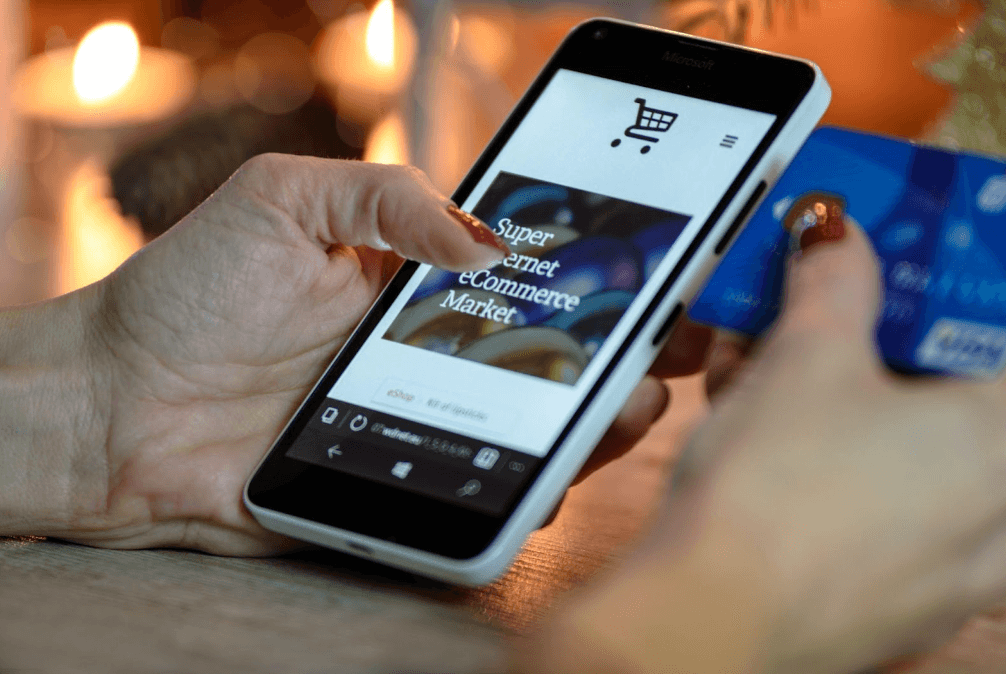Your eCommerce business may be just one out of a million others. So, when you are faced with the disadvantage of stifling competition, how do you make your business stand out?
One proven way is by getting your customers' trust. In this article, we will show you how you can use influencer marketing to get this trust and improve sales for your eCommerce store.
 Photo by Ivan Samkov
Photo by Ivan Samkov
What Is Influencer Marketing?
Influencer marketing is the collaboration of a brand with an influencer to market a product.
It is similar to celebrity endorsement except, the influencers are not often celebrities outside of their social media platform, and the campaign is usually online.
To understand influencer marketing better, it is imperative to define who an influencer is.
 Photo by Liza Summer
Photo by Liza Summer
What makes someone an influencer on social media?
An influencer is a social media/online personality with an impressive following within a niche, who enjoys high-volume engagement on their content, and can impact the purchase decision of their followers through their relationship and authority.
Such influencers will prove beneficial in seamlessly communicating your brand message to your ideal audience, making it an easy sell.
For example, if you're selling a memory foam mattress, reaching out to an influencer who often produces content around posture and sleep is an ideal option.
The keywords here being following, niche, high-volume engagement, purchase decision and relationship. It’s important to note that an influencer’s following doesn’t have to be extremely large in order for the collaboration to be a worthy investment.
There are multiple levels of influencers, and even the smallest can help your brand reach valuable consumers that you wouldn’t on your own.
The strength of influencer marketing therefore lies in the use of external influence to drive people into making a decision such as attending an event, purchasing a product or signing up for an offer.
How Does Influencer Marketing Work?
The major ingredient in the cauldron of influencer marketing is trust. And the first step in preparing the mix for a successful influencer marketing campaign is research.
Today, brands are constantly on the lookout for people with a large and engaged following, who get the attention of the crowd, and can inspire them to make a decision.
These people are not necessarily celebrities, but content creators. They often carve a name for themselves as food photographers, fashion bloggers, tech writers, lifestyle content creators or marketing executives with a voice and presence online.
Influencers have built expertise in their niche and partner with brands to either boost recognition for the brand or magnet a product/service.
The brand gains trust from the influencer's audience by virtue of association.
Where Is Influencer Marketing Used?
Influencers are primarily content creators and exert their influence through social media and online communities.
However, they can be used in all types of business. So long as there is a topic that affects people concerned with your business, there is someone of influence in that focus area.
From retail to tech, career and e-commerce, influencers can find a way to enhance brand awareness and promote a product.
 Photo by PhotoMIX Company
Photo by PhotoMIX Company
How Influencer Marketing Can Scale An eCommerce Business
Due to the rise of online marketing and social platforms, and the ease with which you can reach your target audience through these media, eCommerce and influencer marketing have become a powerful combo.
eCommerce businesses that want to drive sales should look into building trust on their platform, to spur people into making a purchase decision.
This is where influencer marketing becomes relevant. It provides social proof that people need to complete a purchase from an online store. Before that, it helps create awareness or buzz about a particular platform that may have otherwise been obscure to its target audience.
However, blindly relying on influencers to drive upward spiralling sales for your eCommerce store is like relying on a map to take you to your destination without taking any actual step.
You need a comprehensive strategy to make things work.
3 Steps to Develop an Influencer Marketing Strategy for E-Commerce
1. Know your audience
the primary task is to determine who your audience are. Every other piece comes after this. When you have determined who your ideal customer is, you then want to know the platforms where they hangout.
For instance, if your audience spends most of their time on Twitter and you decide to run a campaign on Instagram, that campaign will be targeted at the wrong people and will result in a failure.
The purpose of your campaign is an important factor as well. Generally speaking, YouTube is better if your objective is to drive sales, while Instagram works best for engagement.
2. Find the right influencer
shopping for the right influencer is the most important part of your influencer marketing strategy.
If you have figured out who your ideal audience are and where they hang out, you should get an idea of who they listen to in these spaces.
An excellent influencer match will have similar values and style with your brand. Such influencers will prove beneficial in seamlessly communicating your brand message to your ideal audience, making it an easy sell.
Social listening tools such as Mention and YouTube Brand Connect provide valuable information on influencers that fit your brand.
3. Use micro-influencers
Big influencers are great but micro-influencers can work real magic, if utilized well. Micro-influencers are social figures with niche specialty and following of under 25,000.
However, their value is in the optimal engagement they get on their pages. Unlike larger scale influencers, micro-influencers have a much higher engagement-to-follower ratio.
This distinction will do wonders for any e-commerce business. It has even been proven by a 2016 study which revealed that 82% of online purchasers considered the opinion of micro-influencers in making a decision.
How To Use Influencer Marketing in E-Commerce Marketing Campaigns
Influencer marketing works because the influencers know how best to reach your target audience. Additionally, they have already earned the trust of your target audience.
However, a mistake brands often make when dealing with influencers is trying to micro-manage the content creation and delivery process, or providing regulations that limit the influencer.
The biggest thing you want to do is inform the influencer of the goal of your marketing campaign. For instance, to drive more downloads for an app.
Then you let them take charge of the content in the way that already drew your target audience to them in the first place.
You should feel free to give content direction, depending on the purpose of your campaign.
If the purpose of your campaign is to enhance brand awareness, you can opt for a giveaway or contest for the buzz it attracts. To increase engagement on your page, influencers can direct conversations to your page.
To boost sales, you can give influencers a promo code to share with their audience.
For optimal results in your eCommerce marketing, influencer marketing can be leveraged to get your brand message to the core of your audience while winning their trust. How you harness its potential depends on your ability to spot the opportunity in people.

